Creativity and skill often come together in golf, producing moments that fans remember long after the final putt. Recently, the PGA Tour showcased one such moment that combined both elements in a playful yet impressive way.
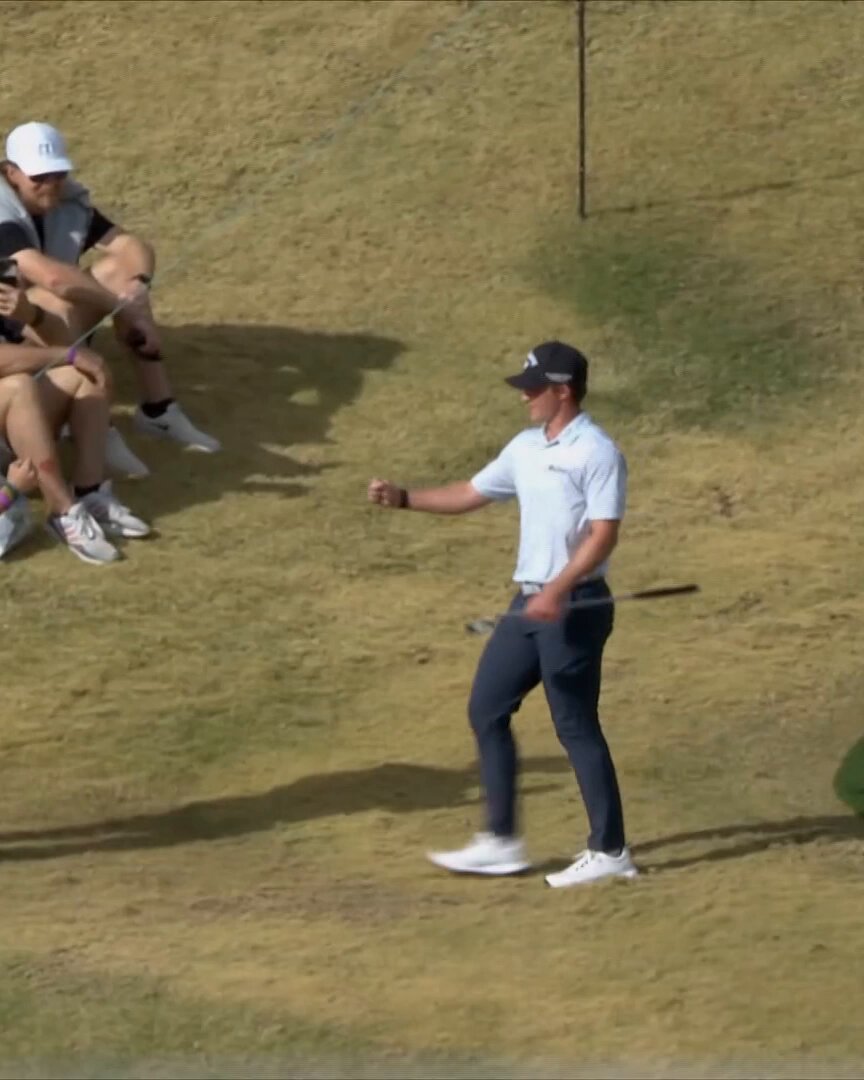

Creativity and skill often come together in golf, producing moments that fans remember long after the final putt. Recently, the PGA Tour showcased one such moment that combined both elements in a playful yet impressive way.
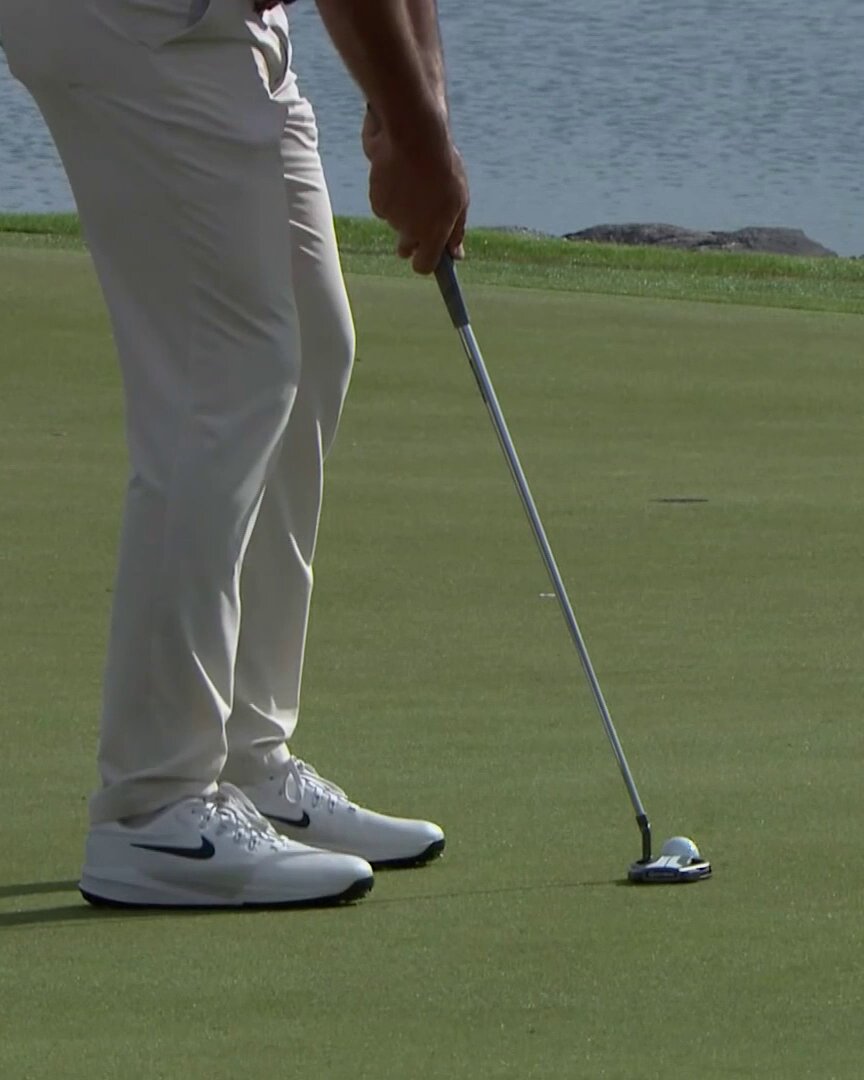
Scottie Scheffler continues to assert his dominance as he starts the 2026 golf season at the American Express Championship. The world number one is looking to add this title to his impressive resume after a stellar 2025.
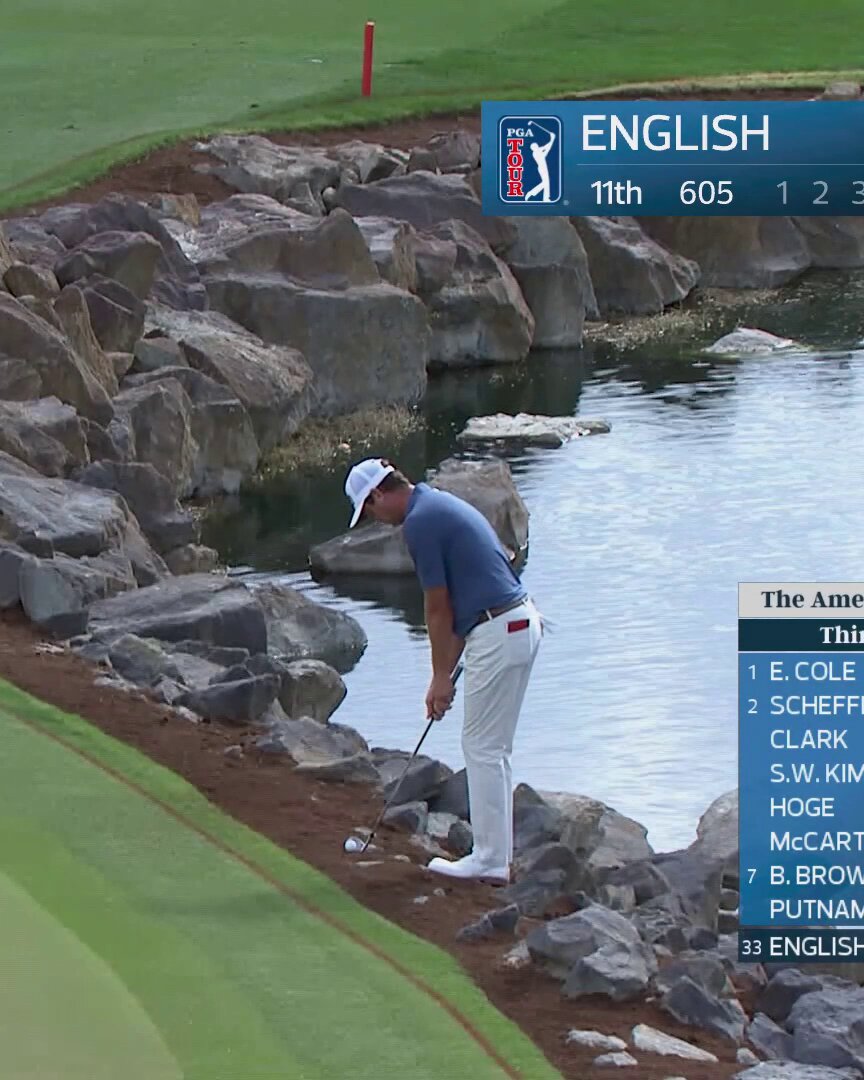
Harris English demonstrated exceptional touch and precision during a recent round at The American Express tournament, delivering a memorable chip-in birdie that caught the attention of golf fans and analysts alike.
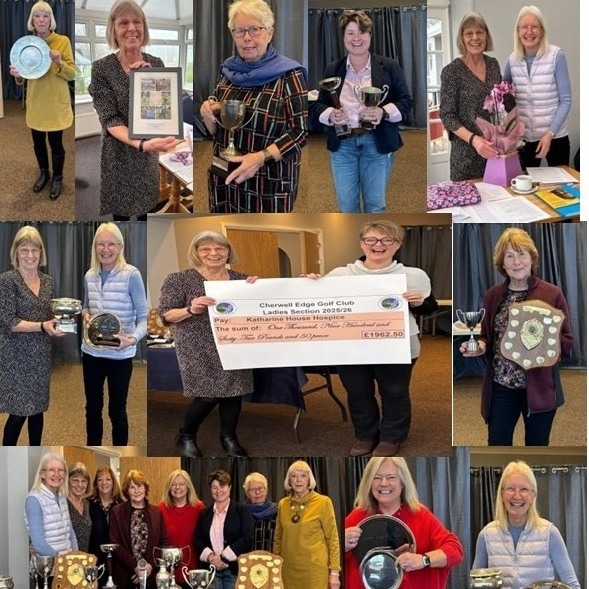
Cherwell Edge Golf Club celebrates its Ladies AGM and prize giving, raising funds for charity!
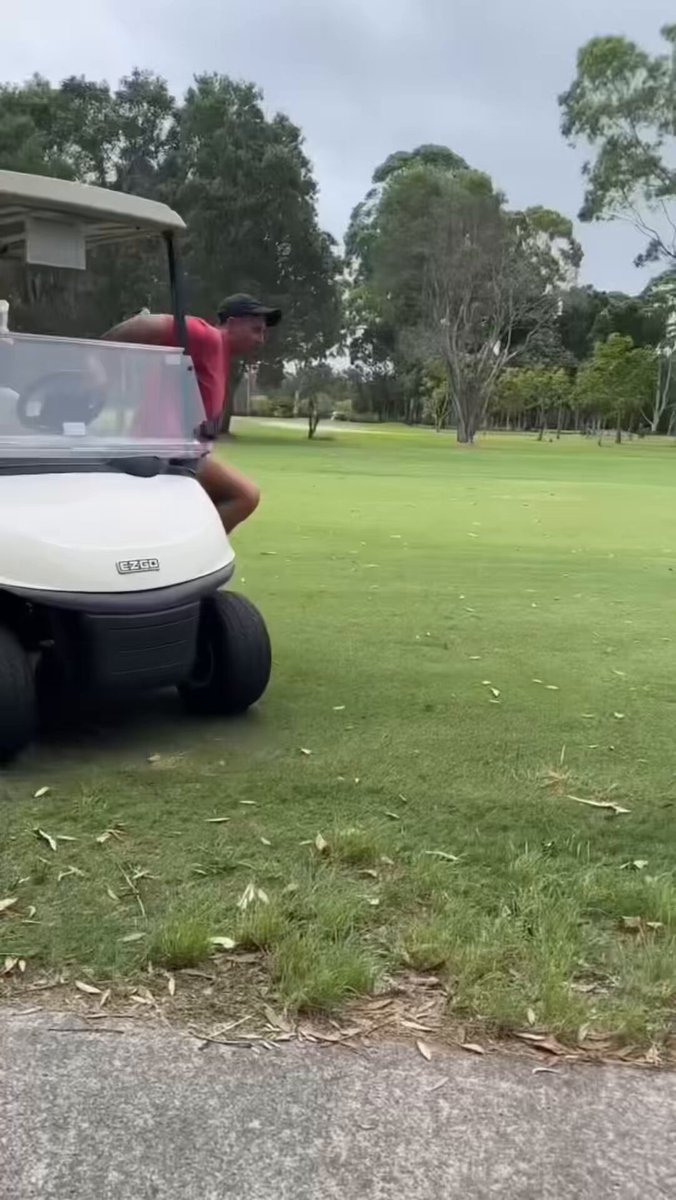
Golfers often face unexpected challenges on the course, but getting paired with some of the most unpredictable players can turn a round into a memorable experience. The latest viral clip from NUCLR GOLF captures exactly that – a humorous and chaotic moment featuring some well-known golfers.
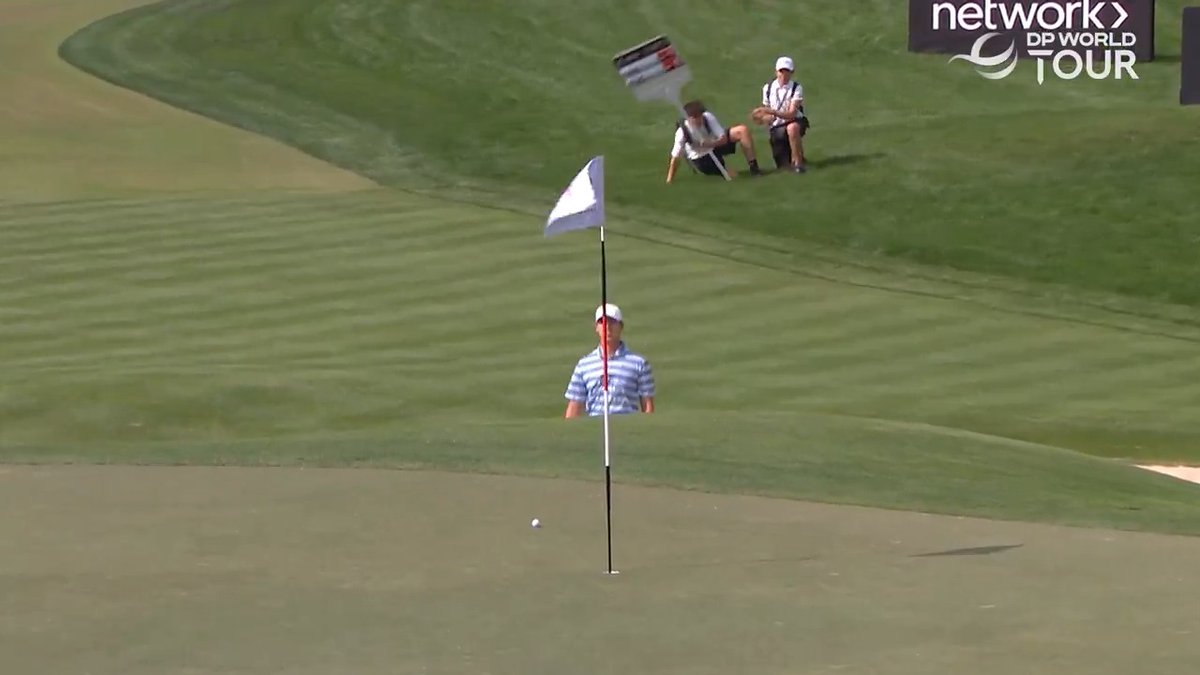
The Hero Dubai Desert Classic at the Emirates Golf Club is set to showcase a strong field with seven German-speaking players competing alongside international stars. With a prize fund of $9 million, the tournament promises high-level golf and intense competition.
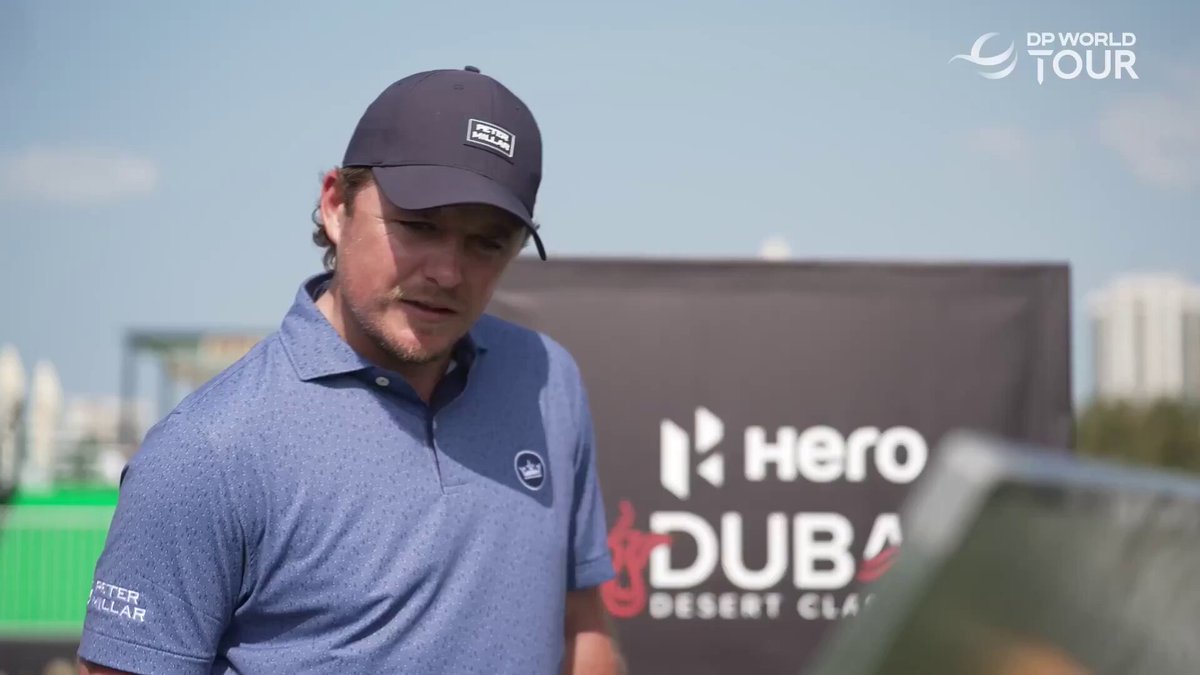
Eddie Pepperell showcased his creativity and skill during the Hero Dubai Desert Classic by using a tiny iron to hit the green after two attempts, demonstrating that even pros can face tricky situations on the course.

The PGA Show remains one of the most important events in the golf calendar, bringing together industry professionals, players, and enthusiasts to explore the latest innovations and trends. This year, Keith Bennett, a respected PGA professional, took some time to share his insights during an exclusive interview on the show floor.

Viktor Hovland, one of the standout players on the DP World Tour, showcased his creativity and skill during the Hero Dubai Desert Classic by attempting a highly unusual shot. Using one of the world’s smallest golf clubs, Hovland aimed to hit the green, demonstrating both precision and a sense of fun amid the competitive atmosphere.
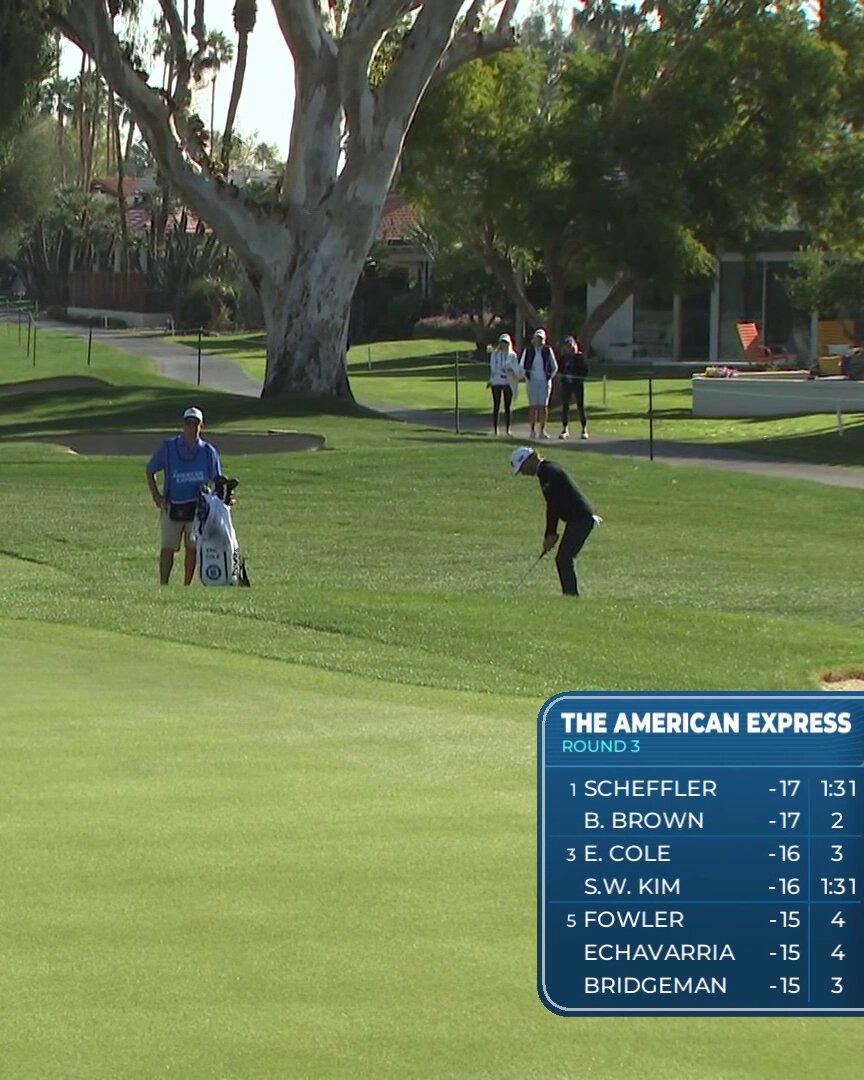
Eric Cole delivered a remarkable moment at The American Express Championship, chipping in to grab a share of the lead and electrify the field. The shot underlined his strong form as the tournament unfolds on the PGA Tour.